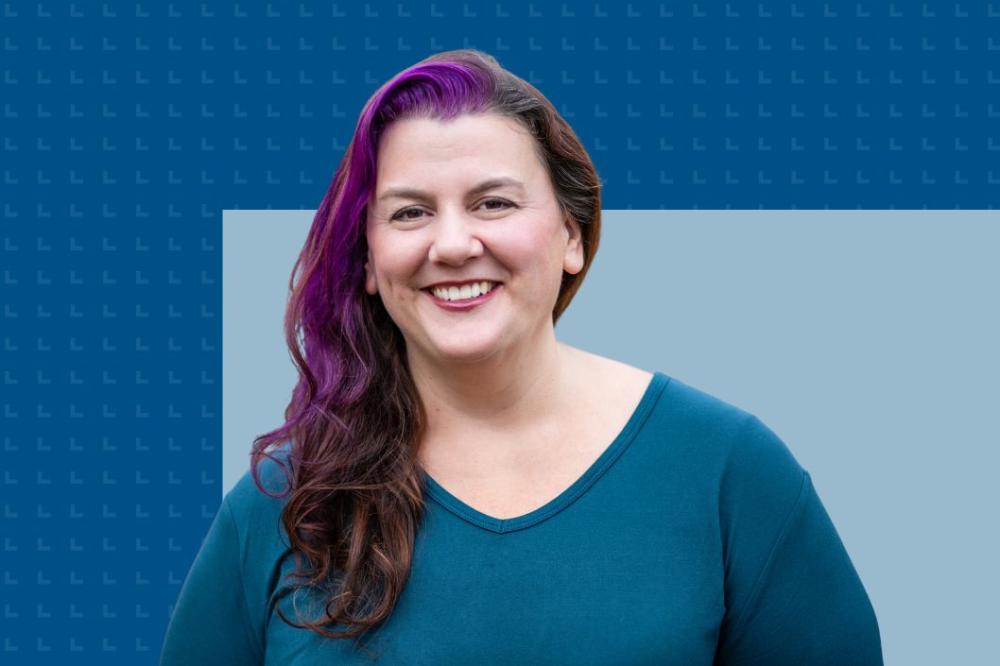
Listening to the Classics
Okay. Please don’t jump down my throat. But I’m a sucker for “The Classics”. You know the ones I’m talking about: the likes of Fyodor, Leo, Jane, Franz, James J, Virginia, Samuel. That lot. And pardon my air of familiarity, even if it is in jest. As if I’ve known them personally!
Besides, who is going to sit down and plop open a dust-covered, damp-smelling tome written by some old fogie (or fogesse) when the next episode of The Witcher is coming down the stream? So maybe the books aren’t really dust-covered and mildewed but the metaphor is there: they ought to be!
But you don’t have to crack open metaphorically musty hardbacks to connect with “The Classics”. In fact, you don’t have to strain your eyes at all – and still get a taste of those classics. And it’s free.
What is this miracle that allows you to access classic literature without it costing you a cent – not even any subscription fees? Your library card! All the books I’m about to mention can be found as audiobooks through Regina Public Library.
For those feeling like something really weighty, there’s nothing like heavy Russian consciousness a la Fyodor Dostoevsky: from Crime and Punishment (“Pain and suffering are always inevitable for a large intelligence and a deep heart”) to The Brothers Karamazov (“He was so carried away by his simulated emotion, that he was for one moment almost believing it himself”). For those with lighter tastes, there’s Tolstoy’s Anna Karenina.
If you have a thirst for themes of alienation and existential angst, start with Franz Kafka’s “The Metamorphosis” (“One morning, when Gregor Samsa woke from troubled dreams, he found himself transformed in his bed into a horrible vermin”). Then work your way up to The Trial, followed by The Castle.
For that true classic that everyone thinks they know inside out, listening to Pride and Prejudice should do very nicely.
Or how about some Sherlock mysteries sliding into horror: Sherlock Holmes: The Novels, The Adventures of Sherlock Holmes & The Memoirs of Sherlock Holmes, and then Frankenstein, The Turn of the Screw, and The Fall of the House of Usher.
If you’re looking for literary experimentation, listening to James Joyce’s Ulysses becomes an entirely different experience from reading it – and for most, probably more pleasant. Even so, it might be better to start with something like “The Dead” (“His soul swooned slowly as he heard the snow falling faintly through the universe and faintly falling, like the descent of their last end, upon all the living and the dead”) from The Dubliners, followed by A Portrait of The Artist as a Young Man (“Old father, old artificer, stand me now and ever in good stead”).
Arguments abound that Virginia Woolf should be considered Joyce’s equal when it comes to stream of consciousness writing styles. You can find out for yourself with Mrs. Dalloway (“The world wavered and quivered and threatened to burst into flames”), To The Lighthouse, or Orlando – a fictional biography about a man who becomes a woman.
Speculative fiction anyone? 1984 and Brave New World are good starters.
Oh, I almost forgot: Samuel Beckett? Unfortunately, not yet available. But if you request it, you too can be Waiting for Godot.



